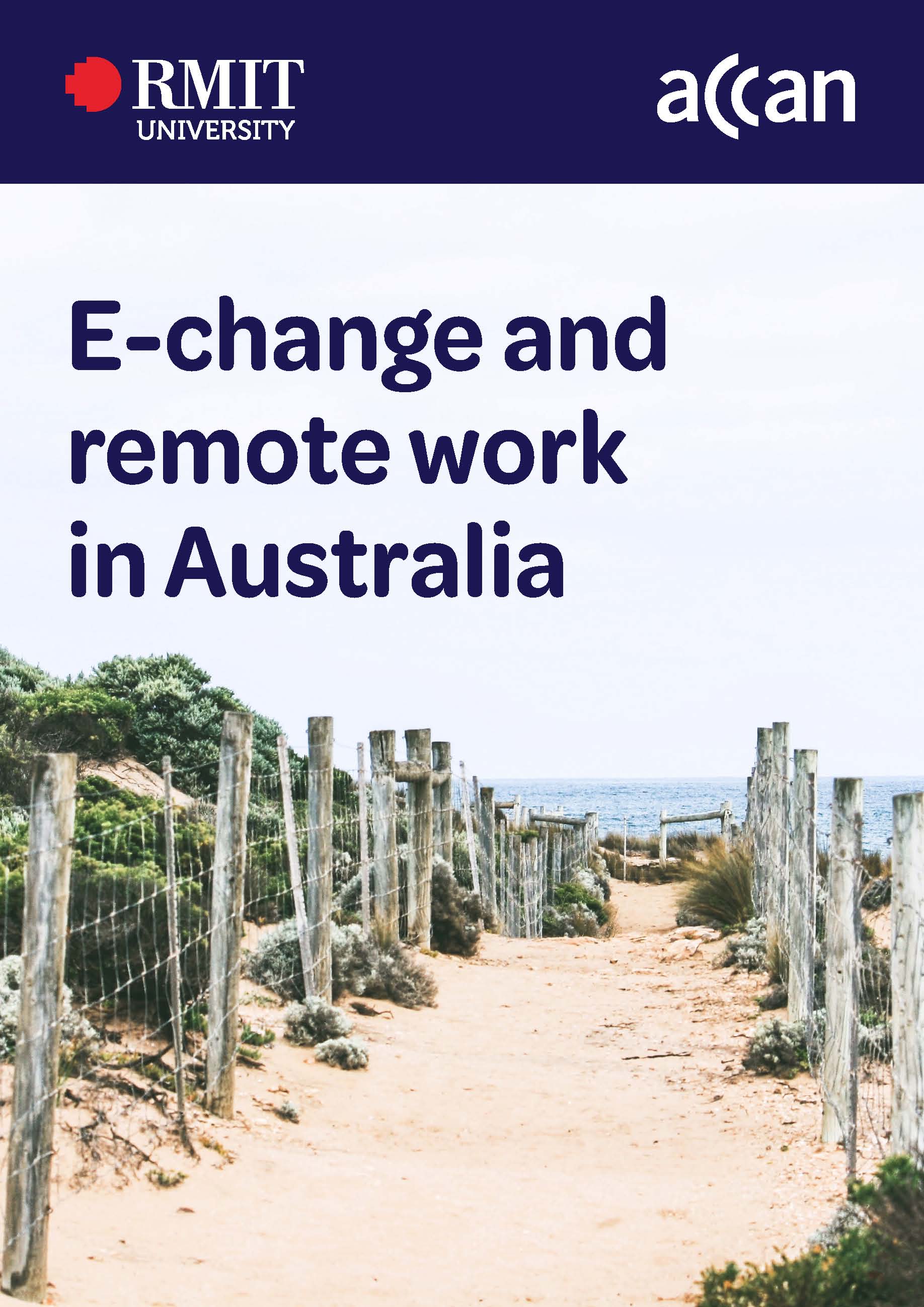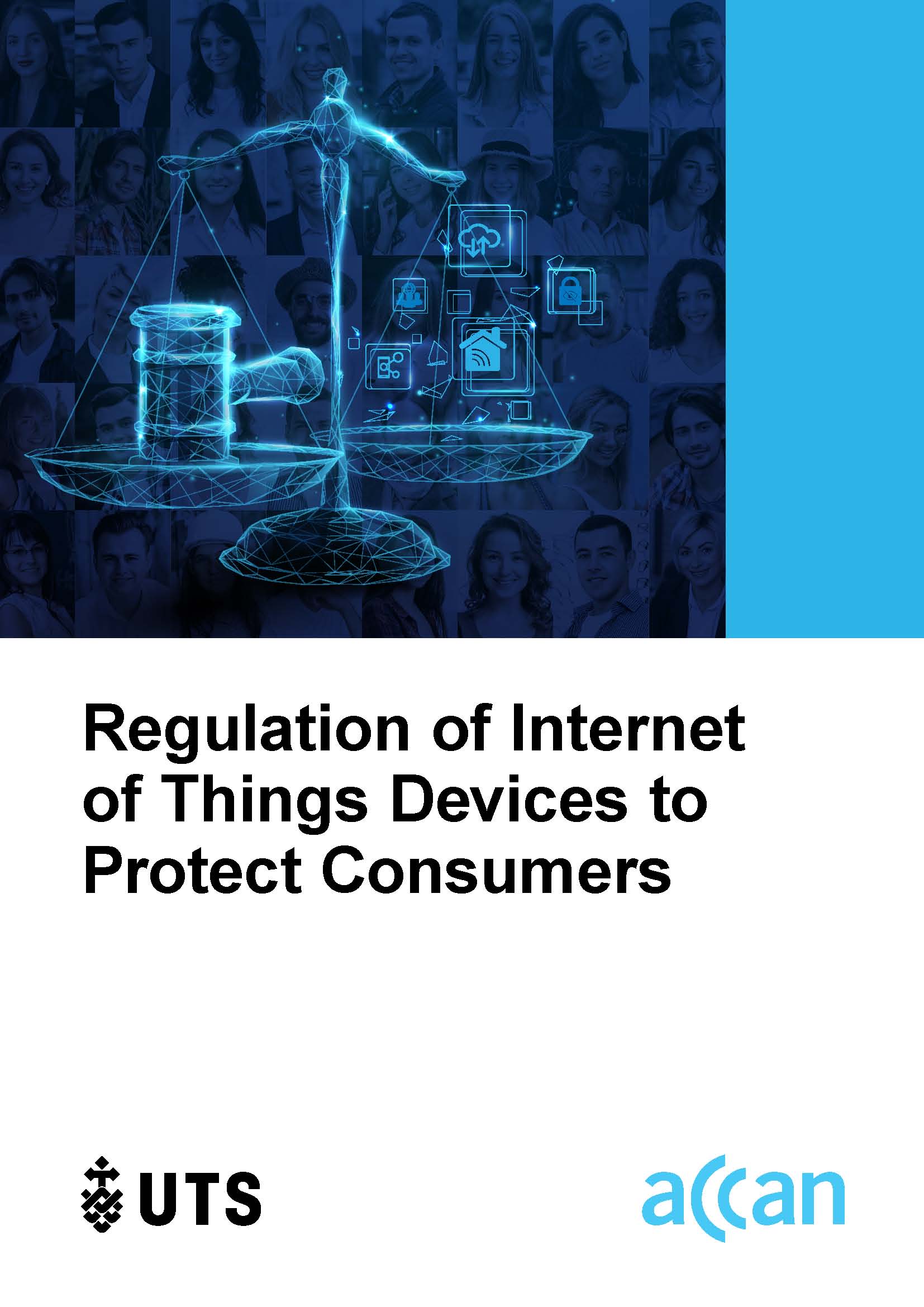Key Dates
Next Grant Round:
Applications for funding will open early 2025.
> Information about our Grants Program
Independent Grants Panel:
Results of the recent EOI will be notified Dec 2024.
> Information about our Panel
We can help: grants@accan.org.au
or phone 02 9288 4000
Subscribe to Grants Program mailings
Center For Accessibility Australia
This project was funded by ACCAN to explore the issues raised with CFA Australia by people with disability regarding the difficulty in cancelling mobile phone plans. To identify potential issues in cancelling plans provided by SIM providers, a comprehensive assessment was taken of 44 SIM providers in relation to user testing and conformance against the WCAG 2.2 standard.
The results identified that there are currently (at the time of publication) no telco apps or websites that completely support people who are blind or have low vision, and a very low number of apps that can completely support people that are deaf or hard of hearing in cancelling their plans. All apps or websites had some form of accessibility support for people that have a cognitive disability, but none of the apps were entirely accessible across the board. People who are blind or have low vision face an additional challenge in that there were accessibly issues with both using their preferred assistive technologies such as screen readers, and accessibility issues with the app or website itself not conforming to WCAG standards.
While all SIM providers have room for improvement, it is encouraging that there are some leaders in this area and providers are encouraged to look at the accessibility and service offerings of companies that provide effective support in this space to provide broader improvements going forward. The data table for all 44 SIM providers in Appendix A is published on the CFAA projects page. Training support to SIM providers is included as part of this project to support the improvement and awareness of digital access processes.
See the CFAA projects page for their suite of reports:
- Cancellations for All main report
- Cancellations for All supporting document (a guide to the audit results for each telco)
- User Efficiency Table (provides a 'traffic light' system for the accessibility of each telco app)
- Cancellations for All companion report (looks at the accessibility of telco plan sign up processes)
This work is part of a series looking at accessibility for people with disabilities, and includes Telcos for All which was also funded by an ACCAN grant, in 2020.
Deakin University
This project will explore how communication is defined and implications for reforms to the laws of information privacy, telecommunications surveillance, and digital markets. The team will conduct focus groups with diverse communities to enhance consumer advocacy and representation in submissions to proposed reforms and improve consumer protections.
Western Sydney University
Indigenous people in Western Sydney are experiencing digital divide. This interdisciplinary project will co-design with an Indigenous scholar and will be overseen by an Indigenous Research Governance Committee. By building on established relationships with Indigenous residents in Western Sydney, the project will provide needed data on Indigenous digital exclusion in Western Sydney and will provide Indigenous co-designed recommendations for closing the digital gap.
Read more: In progress! First Nations Digital Inclusion in Western Sydney
Griffith University
While cybersecurity self-help advice is readily available to consumers, most resources are focused on preventing unintended sharing of devices, passwords, accounts, and personal information. This advice is ill-suited to intimate relationship contexts where sharing is common. A lack of baseline knowledge about smartphone-sharing practices and the reasons behind them has hampered Australian efforts to strengthen consumer cybersecurity. This project will create a new evidence base to understand everyday consumer smartphone sharing in intimate relationships using a survey and interviews with diverse consumers, to improve privacy protections and cybersecurity for all Australians.
University of Melbourne
Telcos are increasingly using chatbots and other forms of automated assistants to respond to their customers. There may be gains for consumers, but there are also the risks of harms, and this project seeks to investigate and recommend strategies to assist consumers to navigate these risks.
University of Melbourne
This project is an extension of research funded by the Melbourne Social Equity Institute (MSEI), undertaking a survey and focus groups with the residents (representing 39 language groups) of Carlton Public Housing Estate in central Melbourne to analyse their strategies for coping with limited connectivity. The ACCAN grant will be used to conduct one-on-one interviews with 12 residents and provide interpreting services.
Charles Sturt University
Telecommunications accounts cannot be held jointly by multiple parties. "Family Plans" are commonly promoted as an economic option for multiple users. These plans have multiple devices (with multiple users) contracted to one person as the 'Customer'. This project investigates the surveillance risks (including call, message and location monitoring) that Family Plans present during ongoing relationships, in particular those at risk of domestic violence.
Royal Melbourne Institute of Technology (RMIT)
The ability of small businesses (those with less than twenty employees) to adopt advanced digital services such as e-commerce solutions and cybersecurity services is vital for these businesses and for the economy. Recent surveys indicate that many are struggling to adapt to sudden changes due to Covid-19. This project aims to investigate how small retail businesses can enhance their growth and efficiency through the better use of advanced digital services from telecommunications providers.
Read more: Enhancing the digital adaptability of Australian small retail businesses
University of Technology Sydney
The project will map out policy options for developing a complaint-handling framework for digital platforms, addressing a critical need for the satisfactory resolution of complaints from consumers. The features of effective and accountable internal dispute resolution schemes and the options for an external complaint-handling scheme will be assessed.
Read more: Digital platform complaint handling: Options for an external dispute resolution scheme
Royal Melbourne Institute of Technology (RMIT)
This project is about ‘e-changers’, a significant and growing segment of the population who have chosen to move from the city to regional and coastal areas while maintaining their city jobs.
Through online ethnography with e-change households and interviews with other stakeholders, RMIT researchers sought to understand and document the telecommunications experiences and needs of this distinctive and growing segment of the Australian population.
University of Technology Sydney (UTS) 
The Internet of Things (IoT) has the potential to transform the way we live and work. But the growth of consumer IoT devices for the home, such as connected appliances and smart assistants, poses serious threats to consumers’ security and privacy.
This research identifies and analyses options for best practice regulation of IoT security and privacy. The report includes recommendations for reforming cyber security, consumer protection and data privacy law and regulation.
Read more: Regulation of Internet of Things Devices to Protect Consumers

Curtin University
Approaches to the accessibility of subscription versus free to access Australian video on demand platforms have been evaluated with research gathering new insights from consumers with disabilities.
Read more: Access On Demand: An Analysis of the Accessibility Options on Streaming Television
